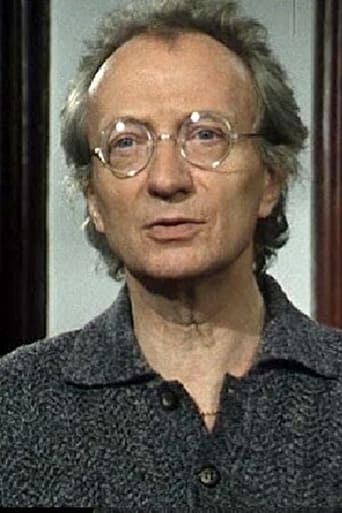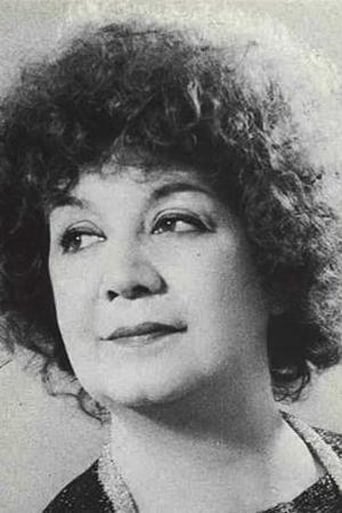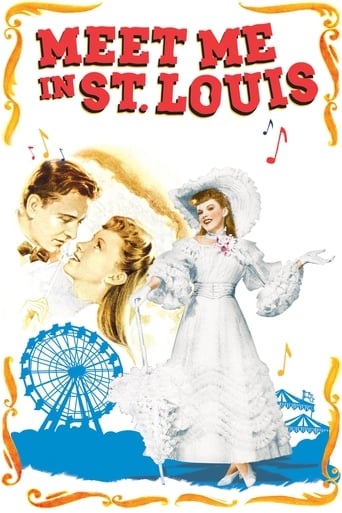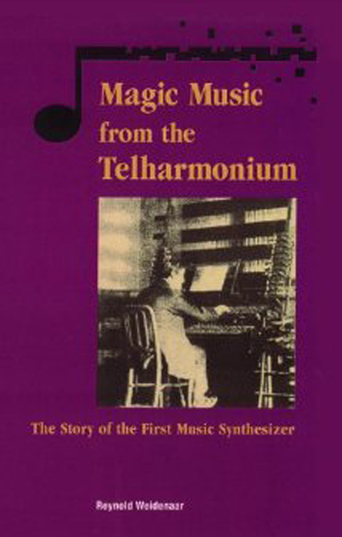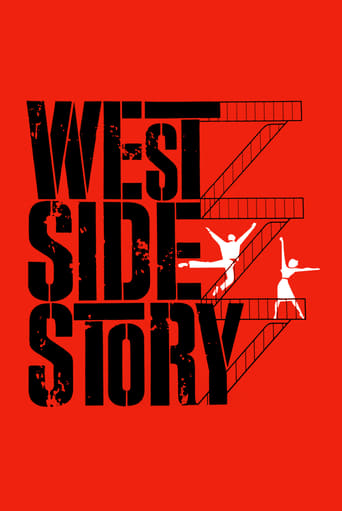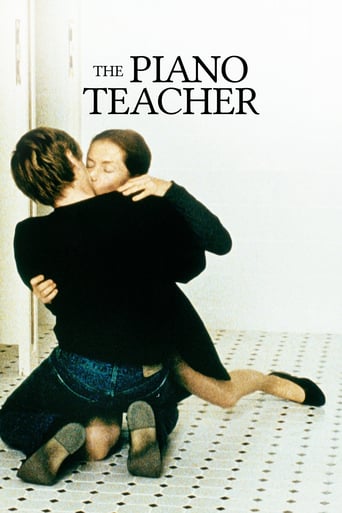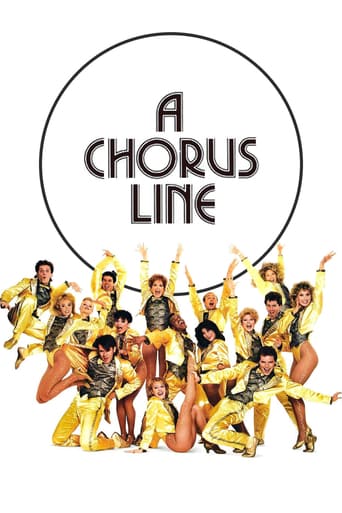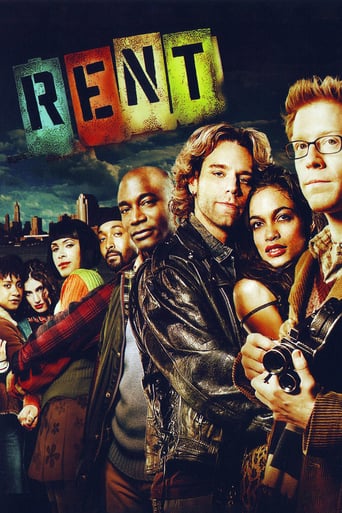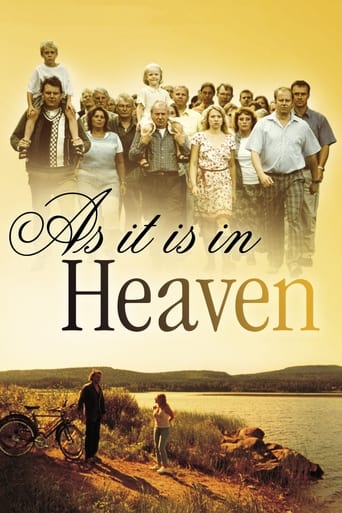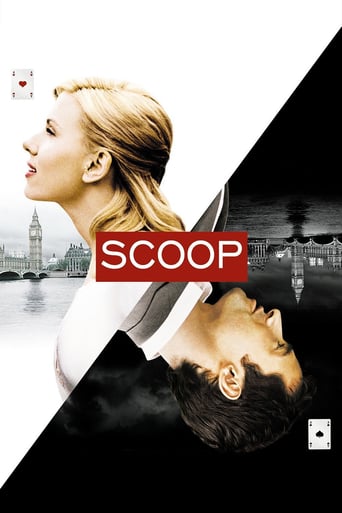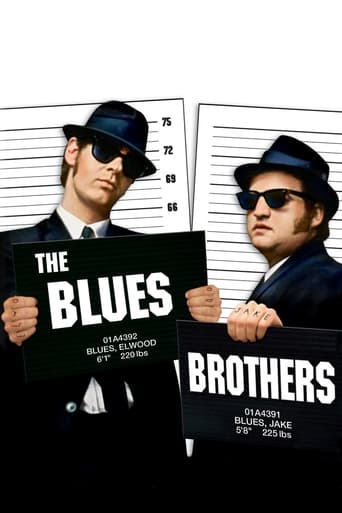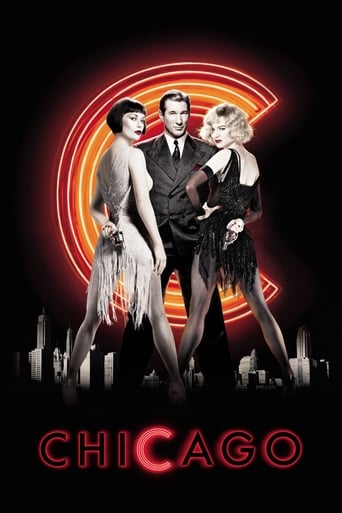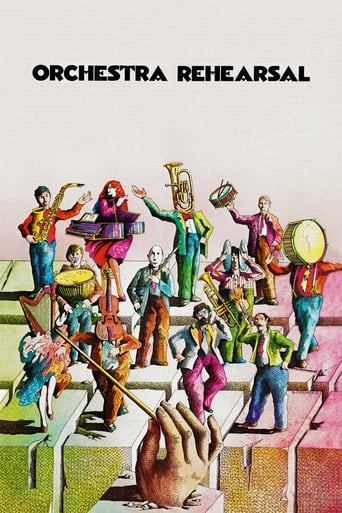
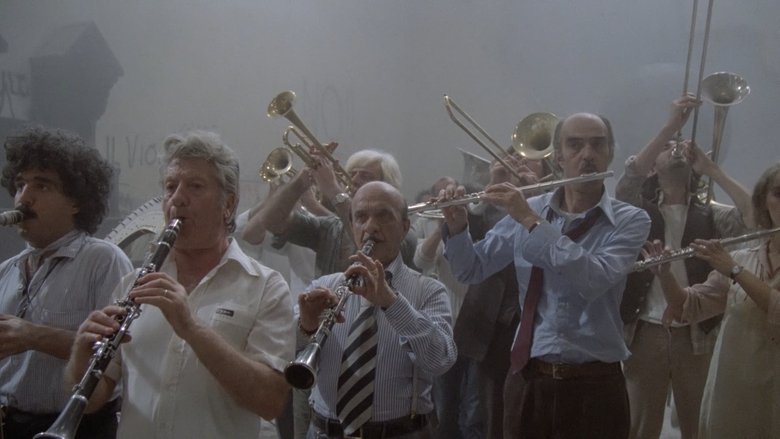
Orchestra Rehearsal (1978)
An orchestra assembles for a rehearsal in an ancient chapel under the inquisitive eyes of a TV documentary crew, but an uprising breaks out.
Watch Trailer
Cast


Similar titles
Reviews
The poet William Congreve said: "Music has charms to soothe a savage breast" yet according to Woody Allen, listening to Wagner gives him "the urge to invade Poland". I guess the truth about music lies somewhere between these two conflicting interpretations.For some, music is the perfect embodiment of men's capability for abstraction. Whether for love, ideals or faith, it's the only universal language meant to awaken hearts and souls before intellect. And because of its so high and noble purpose, music can also be a devil's tool and inspire the most aggressive and vindictive reactions. It's a double edged-sword, maybe the most dangerous form of artistic expression precisely because anyone provides his own meaning.The great achievement of "Orchestra Rehearsal" is to offer us, for the first and only time, the opportunity to understand the value of an instrument from the intimate and privileged perspective of the player. The film has such an immense pedagogical value that I recommend it to any music teacher, for its magnificent illustration of the variety of instruments that enrich the world of music. Each instrument has a personality eagerly embraced by the player, as if man became the obedient tool of a greater instance. Fellini makes it so obvious that the characters should be, in fact, defined by the name of their instrument.Violins, first, are arrogant because they're the first and longest-running players; oboes hate them because they play a greater role but they don't get the same recognition. Free-spirited and youthful percussions are naturally bored by their colleagues' pompousness; harp is elegant, sweet and introverted. Tuba has low self-esteem. What else? Piano is classy and very seductive, clarinets are solemn, flute is lively and eccentric. And so on and so forth, listening to each player speaking of his instrument and acting according to it, is of the film's greatest delights.Yet variety is worthless when not tending toward complementarity. The project of the orchestra is the same of any other society: to make people coexist in harmony, literally this time. Only harmony will allow all these personalities to express themselves as an ensemble, many egos for one expression that will touch our individual hearts. That's what orchestras are for, and this is why they need a conductor, like a society needs a leader to maintain order, not the easiest task in "Orchestra Rehearsal".The musicians all meet in a dirty and creepy crypt-like place in the middle of the town. Although the sanctuary is dedicated to music and only music, fact is that these musicians brought the town in it, and are far from the devoted or disciplined artists we used to see. The reasons they don't get along with each other exceed their instruments' "rivalry": they're of different generations, men and women, old-fashioned professionals, young long-haired leftists, geeky losers; idealistic dreamers and disillusioned pragmatists who think more in terms of syndicate hours. What a gallery! What more to ignite their hatred, the place is filthy, a rat can play the uninvited guest, the German conductor is difficult to work with, and there's hardly a place to sit and focus on the partitions without smelling the neighbor's bad breathe or touching his elbow. The film, set in real time, borrows some elements from Sidney Lumet's "12 Angry Men" through its parallel between a claustrophobic setting and pressure, inevitably leading us to an explosion of emotions, given that they're more than 12, and they're too unfocused to get back to the only thing that puts them on the same wavelength: music.And to make things worse, there is TV. The film, shot like a TV documentary, highlights TV's effect on people in general. Instead of focusing on music, their ego is suddenly awakened by that camera's eye staring at them and inviting them to express freely while there's no freedom in classical music. And as required discipline progressively fades out, aggravated by the conductor's exuberance, the musicians start to wonder what can of values music should express and decide to rebel against harmony's diktat.The film was said to be inspired by the anarchist movements in post-60's Italy, but there's more to it in my opinion. Music is depicted as a fascinating paradox. It's a discipline that demands patience and dedication, that can't do without the admiration of a mentor, and long hours of pain, works, mistakes and humiliations, with a divine result as a pay-off. In one of the film's most thrilling moment, the musicians seem to be touched by the divine grace, and play a magnificent piece named "Galop" and the tune celebrated 'freedom', 'anger' and 'excitement' more eloquently that any political slogans.Music can express freedom but is not a free expression for all that. Cinema is. And maybe this is why Fellini admitted some defiance toward music, too restrictive an art. Yet his "Orchestra Rehearsal" is perhaps the greatest celebration of music ever done in film. And Fellini's owes a lot to his all-time companion Nino Rota, for having musically elevated films like "La Strada" or "8½" to their legendary status. This tribute to music was long overdue for Rota and any other composers, and Fellini and Rota couldn't have a greater last collaboration (one year before Rota's death) and this is why any Fellini fan can have a soft spot for 'Orchestra Rehearsal".The ending can be regarded as a triumph of music. After the chaos resulting from the rebellion, fueled from a 'urban' thirst for anarchy, the entrance of a bulldozer nearly destroying the crypt reminded the musicians of the city's alienation they all escape from when they play music. The antagonist in the film might not be the conductor, but town and TV, the greatest catalysis of individualism, disorder and resentment, what precisely goes against music's values.François Truffaut said "I demand that a film express either the joy or the agony of making cinema." Replace 'Cinema' by 'Music' and you have "Orchestra Rehearsal"
My score of 5 does not mean that "The Orchestra Rehearsal" is a mediocre film--it's more a score reflecting how enjoyable the film would be for most folks. Most people would be confused and somewhat bemused by the film....and by the time it's over, they'll be wondering whether or not they liked it. It is clearly NOT a film for the average viewer--and the same can be said of many other Fellini films--where surrealism takes precedence over story.When the film begins, it appears to be a rather ordinary documentary. Various orchestra members talk to the camera and explain in rather ridiculous manners who important their particular musical instrument is. Practically all of them think theirs is the best and ascribe lots of nutty attributes to it. It's mildly, very mildly, amusing. However, as the film progresses, it appears as if the filmmakers took drugs--and the more the film progresses, the more the drugs take effect!! Suddenly, the orchestra degenerates--as if the members are mostly petulant children. What does it all mean? Well, perhaps nothing--or perhaps it's all about the dangers of a truly socialist system. Who knows? Overall, this is a mega-weird film--even by Fellini standards. Unless you are a huge Fellini-phile, I doubt if the film is one you'll adore. Not badly made, but strange. If you like "And the Ship Sails On" or "City of Women", you'll love this film. If you don't like these films, then "The Orchestra Rehearsal" is probably not for you.
It is rather neglected a movie by Fellini, but I agree with those who see it as a 'metaphor' of the Italian society; not of the Italian society in general, but of the Italian society at the end of the '70s. After 1968, there was turmoil in the country and the artist's message is quite clear, apparently: prolonged social strife can lead to dictatorial outcomes. The message is not so clear at the beginning of the film and it might be seen as a sort of a 'documentary', but when that huge stone 'ball' starts pounding on the building where the 'orchestra' are rehearsing and a faraway voice starts becoming more and more clear and strong, Fellini's message becomes obvious.
This is likely the finest make-believe documentary that I have ever seen. The setting is a rundown Medieval Roman chapel, now an oratorio where an orchestra gathers. A television crew is making a documentary about this orchestra (while the orchestra is dealing with a union dispute). The bulk of the film's first half focuses on individual musicians, many of whom reminisce about their first encounter with the instrument they play. When the musicians talk about their instrument, they often share thoughtful and stimulating metaphors about the meaning and the function of their instrument. There are a few times during the film where the action is interrupted by a large rumble in the building. We don't know what this is exactly until the end of the film. The film transforms from poetic, to pure comical delight, to complete chaos, to lyrical beauty when the musicians play the music. Composer Nino Rota's contribution was an immense one. He composed all of the pieces the musicians play in the film, and I believe they the music is absolutely wonderful (my personal favorite of Rota's compositions for "Orchestra Rehearsal" being the final piece the orchestra performs). This was the last time Rota scored a Fellini film, he died the next year.I also must comment on the top-notch cinematography, which is quintessentially Felliniesque (ex. incredible long shots of the orchestra playing, shots of musicians lined up in very particular angles, and a couple of sweeping pans). Anybody who loves orchestral music will like this film to some degree. I happen to immensely love Fellini, Rota, AND orchestral music, so for me, this film is nothing short of absolutely marvelous entertainment!


